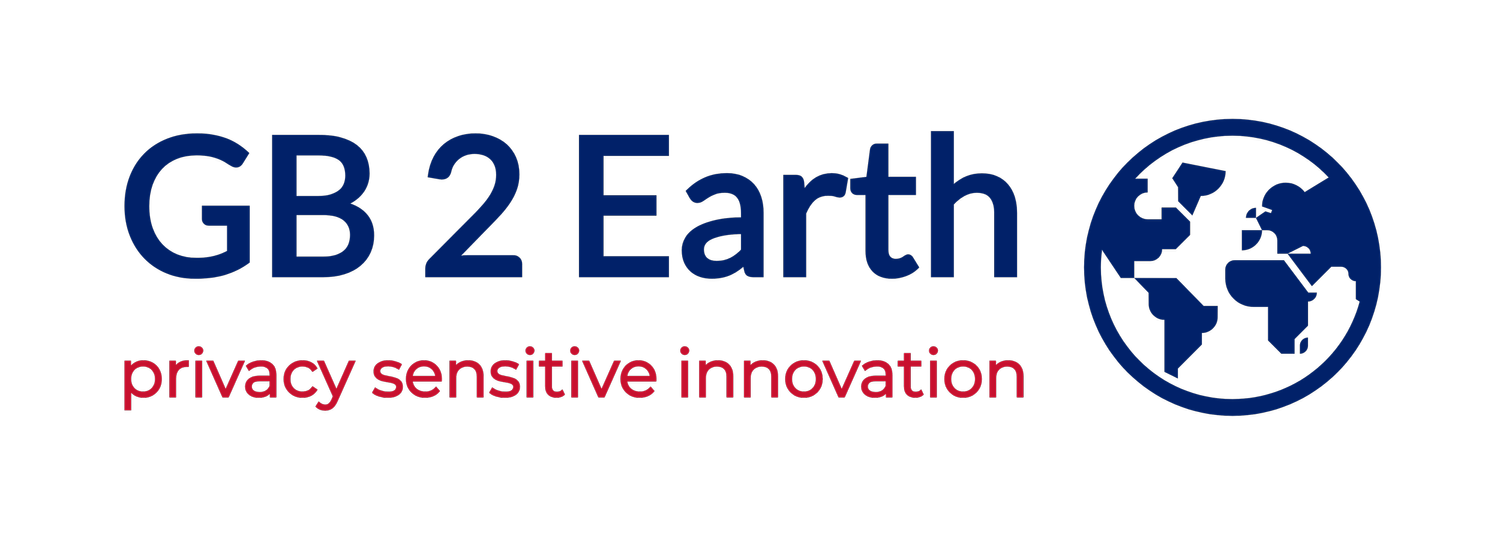Better Biz Me homepage (historical, with new background)
The “Better Biz Me” concept originally completed early August 2021
An AI to enhance and industrialise human beings back into workplace relevance
I’ve been thinking about matters such as these for a long time now.
I have three university qualifications:
Film & Literature BA Hons from the University of Warwick, UK.
A University Master in Publishing from the Universidad de Salamanca, Spain.
International Criminal Justice MA from Liverpool John Moores University, UK.
All have informed my growing focus over the years on repurposing modern technologies, so that instead of increasingly automating humans out of workplace relevance we industrialise ourselves back in:
Film, until recently, when Generative AI companies strove to destroy the historical compact between humans and technology, was a perfect example of how tech could expand and enhance the importance of humans in an industrial sector:
the microphone makes for a more expressive voice
the camera, for a better-seeing eye
film language (eg, close-ups and long shots) giving actors and directors an untold number of communication strategies other art forms hadn’t offered to this point
even the idea and concept of mise-en-scene and staging makes it possible for an actor to express themselves using their environment in a way that wouldn’t be conceivable without such tech
Publishing and related media have inevitably used technologies to deliver their content and products & services. For a long while there remained a balance between automation and industrialisation. However, the decimation of the journalism industry is now manifest. But perhaps not from within: it probably had more to do with search corporations hijacking classified advertising revenues back in the 2000s, via the abuse of the “fair use” legal figure. The money dropped out of publishing and into the pockets of search, and in this sense — from without — journalism corporations apparently chose to eliminate human beings when perhaps big tech shaped the long-term deliberately to make such moves unavoidable.
In security, espionage, and law-enforcement the massive automation of erstwhile human-based processes, on the instances and assurances of big tech, has prevented many terrorist and related events no one in the sector has the freedom to discuss. But the reliance on machine-primacy over human-primacy has its downsides (discussed deeply here):
9/11 was an example of where humans using machines as extensions of themselves beat philosophies of machines with humans as extensions of the same
Putin’s Russia’s wholly illegitimate and ongoing invasion of Ukraine is not a case of an unpredictable man stumbling into one misadventure after another, but rather of a Western security infrastructure — largely promoted into being by big tech’s consulting function — which is struggling to predict not the unpredictable but the unpredicted. In a more industrialised and less automated set of technological architectures, we’d be less inhibited in our processes of freely thinking terrible events to either forward-engineer and discretely prevent or, from past events we might then learn from, reverse-engineer to learn and protect in a different way
finally, the evidence now appears incontrovertible after Hamas’s recent brutal attack on humanity’s most-treasured sensibilities, in a region of the world which is probably the most highly machine-surveilled territory that could be imagined: Gaza. If it’s fair to call it Israel’s 9/11, it must be so precisely because horribly creative criminals — using missiles, rockets and residential suburbs as extensions of themselves — out-thought machines with humans as extensions of the same
So.
There’s a clear line, at least for me, that we can draw between what the movie industry did right by humanity (up until Generative AI copyright-infringed and copyright-stole its way into creative production) and what security has chosen to exclusively deliver, since 9/11 itself: a machine-primacy designed to optimise bottom-line revenue streams at the expense of a more measured and balanced approach, which becoming a given would surely enable crimefighters, spies, and security personnel to enjoy not only the advantages of automation as is but also those of industrialisation: that is, an IT-tech capable of enhancing their innate human abilities, as movies did, so profitably, for over a century.
Click through below to see the rest of this audit trail, where these ideas began to occur to me.



